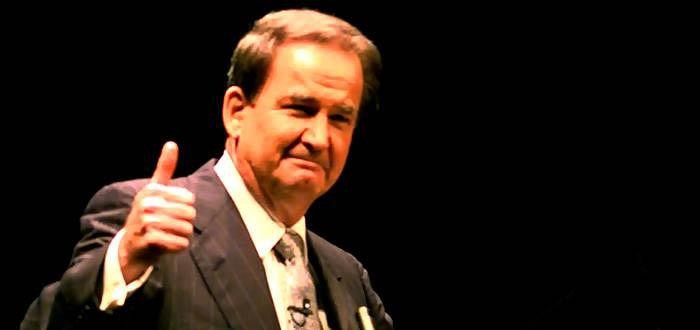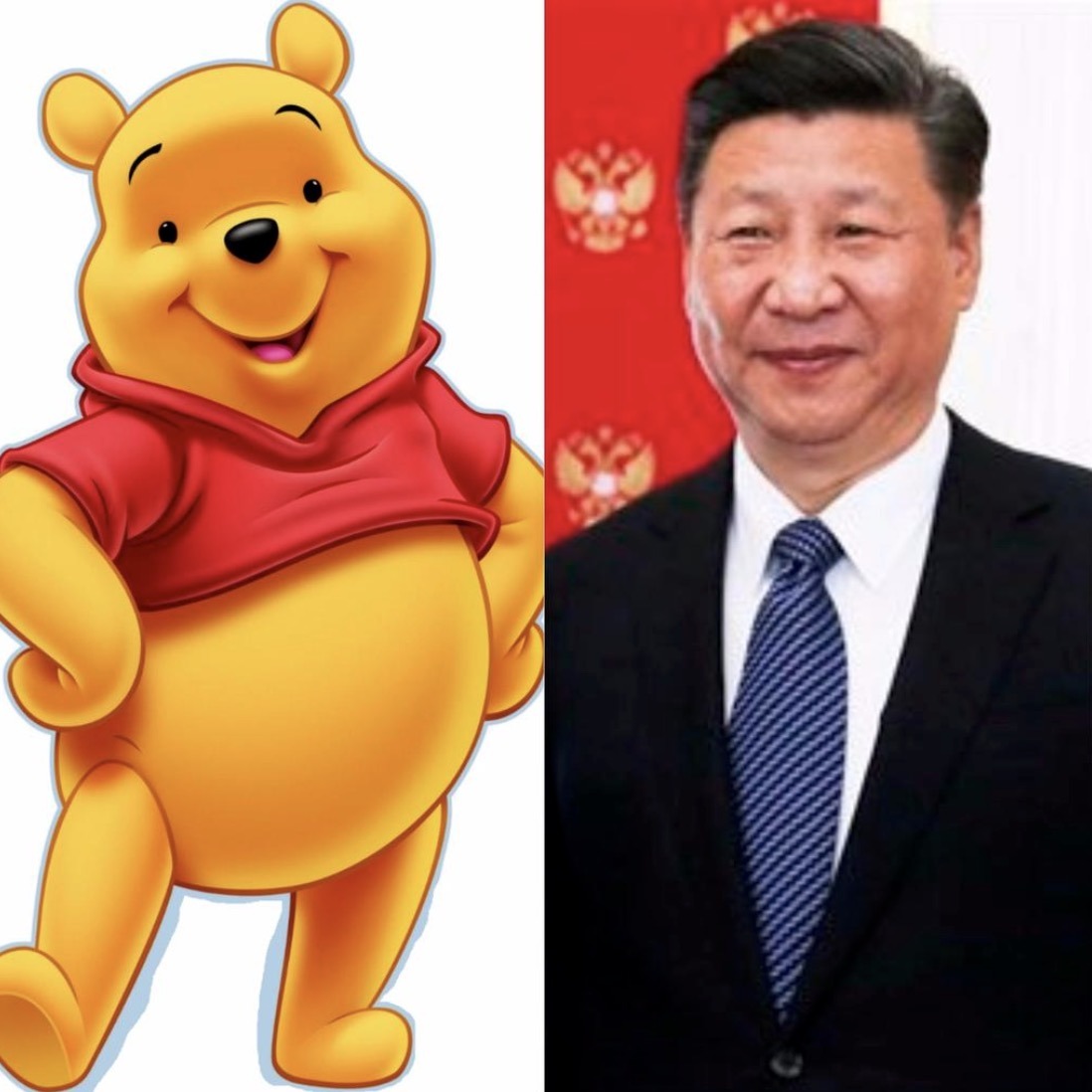The trade war launched by the Trump administration against China may not have been solved by a 2½-hour dinner between Chinese President Xi Jinping and Donald Trump at the G20 in Buenos Aires on Saturday. But it may have opened a path towards a drastic realignment.
Way beyond the histrionics surrounding the “family pic” – and whose nods and winks signaled surefire geopolitical capital – the G20 walked and talked like a last gasp to “save” the current turbo-capitalist world (dis)order.
The sherpas at the G20 lost sleep for two consecutive nights trying to come up with a final declaration capable of appeasing Trump. As virtually every nation at the G20 supports multilateralism on trade, nobody wanted to upset even more the real Big Boss in Buenos Aires: Xi Jinping.
The climax in any case was the U.S.-China bilateral – which carried the potential, if things went downhill, to derail the global economy.
The White House spin was on immediate negotiations – lasting 90 days – over forced transfers of U.S. technology to China; intellectual property protection; an array of non-tariff barriers; and alleged Chinese cyber “intrusions”. If there’s no deal, Washington will raise tariffs on Chinese imports to 25 percent.
Now compare that with the key take away from Beijing, with Wang Yi, the vastly experienced Chinese Foreign Minister, describing the dinner conversation as “friendly and candid.” There were also no specifics on how substantial the allegedly “immediate” Chinese buying of American agricultural, energy and industrial products will be.
Wang, defiant, outspoken, and an expert on Japan, was promoted to state councillor last year, which means the Ministry of Foreign Affairs now has much more clout over other key Chinese institutions.
…click on the above link to read the rest of the article…


















